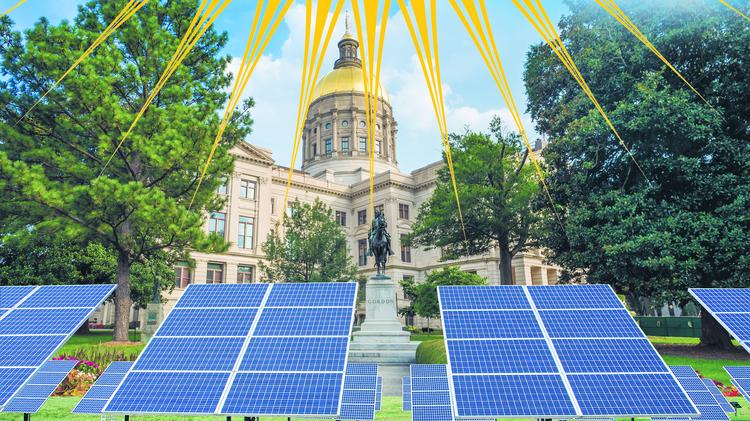Are all the fracking utitilies finally seeing the sunlight?
 By Backing solar power
in Florida, are Duke, Southern Company, TECO, and even FPL’s parent NextEra
hedging their bets, or finally realizing where the future is?
By Backing solar power
in Florida, are Duke, Southern Company, TECO, and even FPL’s parent NextEra
hedging their bets, or finally realizing where the future is?
Reem Nasr, CNBC, 12 June 2015, The sleeping giant of the solar industry: Florida,
Duke Energy Florida told CNBC that it “is a strong supporter of solar energy and we are committed to helping to grow solar in Florida.” Last month it announced an additional 500 megawatts of solar facilities by 2024, among other solar projects.
Meanwhile in May Duke Energy of Charlotte, North Carolina bought 7.5% of Sabal Trail, along with Spectra Energy of Houston and NextEra Energy of Juno Beach, Florida.
Southern Co., which owns Florida’s Gulf Power, said the following:
Continue reading






.jpg)


